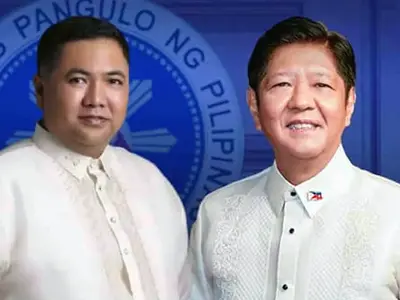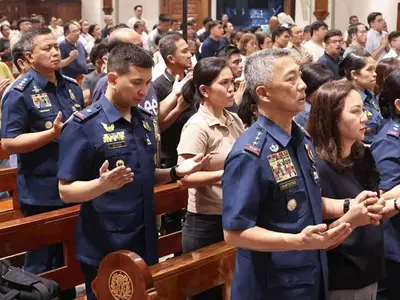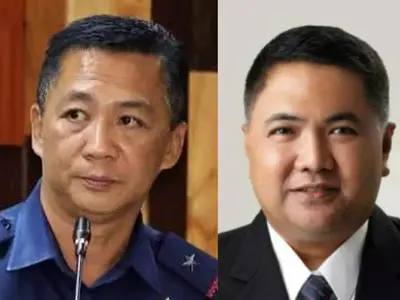
(EDITORIAL)
THE recent Senate approval of a bill granting Philippine citizenship to Li Duan Wang, a Chinese national linked to a raided POGO (Philippine Offshore Gaming Operator) hub, has ignited a firestorm of debate. While the bill passed with a comfortable majority, the dissenting voice of Senator Risa Hontiveros highlights a crucial question: are we, as a nation, adequately safeguarding our sovereignty and national interests when granting citizenship to individuals with potentially questionable connections?
The argument in favor of such naturalizations often centers on the economic contributions of these individuals. The POGO industry, despite its controversies, has undeniably generated revenue. However, this economic benefit must be weighed against the potential long-term risks. Granting citizenship to individuals potentially linked to organized crime, money laundering, or even espionage, undermines the integrity of our citizenship process and opens doors to further exploitation.
Senator Hontiveros’s concerns are not to be dismissed lightly. Her citing of previous instances where Chinese nationals, operating under false pretenses, exploited the Philippine system for financial gain, serves as a stark reminder of past vulnerabilities. The alleged connections between Wang and Duanren Wu, described as the “big boss” of the raided POGO hub, and the proximity of Wang’s business to a firm linked to a confessed Chinese spy, paint a picture that warrants deeper scrutiny.
The issue isn’t simply about individual guilt or innocence. The due process of law must be followed, and accusations must be proven in court. However, the burden of proof shouldn’t fall solely on the shoulders of law enforcement. The process of granting citizenship should involve a rigorous vetting process that proactively identifies and mitigates potential risks. This requires a more robust investigation into the backgrounds of applicants, especially those with ties to industries known for their susceptibility to illicit activities.
Furthermore, the incident underscores the need for stricter regulations within the POGO industry itself. The lax oversight that allowed the alleged criminal activities to flourish in the first place is a systemic failure that needs immediate addressing. Granting citizenship to individuals associated with this industry without a comprehensive understanding of their activities sends a dangerous message: that the Philippines is willing to compromise its security for short-term economic gains.
The granting of Philippine citizenship is a privilege, not a right. It represents a fundamental bond between an individual and the nation. To bestow this privilege without due diligence is to risk jeopardizing the very fabric of our national identity and security. While economic considerations are important, they should never outweigh the paramount importance of protecting our sovereignty and ensuring the integrity of our citizenship process. The case of Li Duan Wang serves as a cautionary tale, highlighting the urgent need for reform and a more rigorous approach to citizenship applications, particularly those with connections to the POGO industry.



